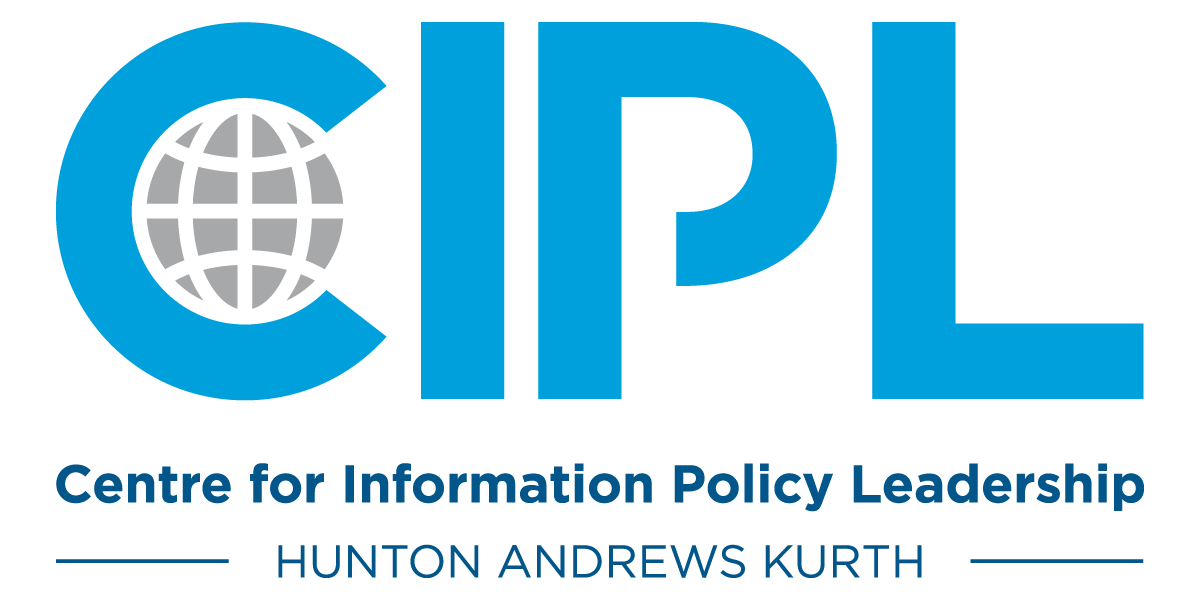On September 29, 2023, the Centre for Information Policy Leadership at Hunton Andrews Kurth (“CIPL”) released a new paper on its Ten Recommendations for Global AI Regulation. The paper is part of CIPL’s Accountable AI project and follows several earlier contributions including Artificial Intelligence and Data Protection in Tension (October 2018), Hard Issues and Practical Solutions (February 2020), and Artificial Intelligence and Data Protection: How the GDPR Regulates AI (March 2020).
The paper seeks to guide AI policymaking and regulation to ensure the development and deployment of accountable, responsible, and trustworthy AI. To that end, CIPL recommends a risk-based approach to AI regulation that builds on existing laws and standards, such as privacy, consumer protection, intellectual property and anti-discrimination laws, as well as on accountable AI governance practices of organizations. The ten recommendations discussed in the paper are as follows:
A. Principle-and-Outcome-Based Rules
The paper seeks to guide AI policymaking and regulation to ensure the development and deployment of accountable, responsible, and trustworthy AI. To that end, CIPL recommends a risk-based approach to AI regulation that builds on existing laws and standards, such as privacy, consumer protection, intellectual property and anti-discrimination laws, as well as on accountable AI governance practices of organizations. The ten recommendations discussed in the paper are as follows:
A. Principle-and-Outcome-Based Rules
- Create a flexible and adaptable framework that defines the outcomes to be achieved, rather than prescribing details of how to achieve them;
- Adopt a risk-based approach that considers risks and benefits holistically;
- Build on existing hard and soft law foundations; and
- Empower individuals through transparency, explainability, and mechanisms for redress.
- Make demonstrable organizational accountability a central element of AI regulations;
- Advance adoption of accountable AI governance practices; and
- Apportion liability carefully, with a focus on the party most closely associated with generating harm.
- Create mechanisms for coordination and cooperation across regulatory bodies;
- Institute cooperation-based regulatory oversight and enable ongoing regulatory innovation; and
- Strive for global interoperability.

 RSS Feed
RSS Feed

